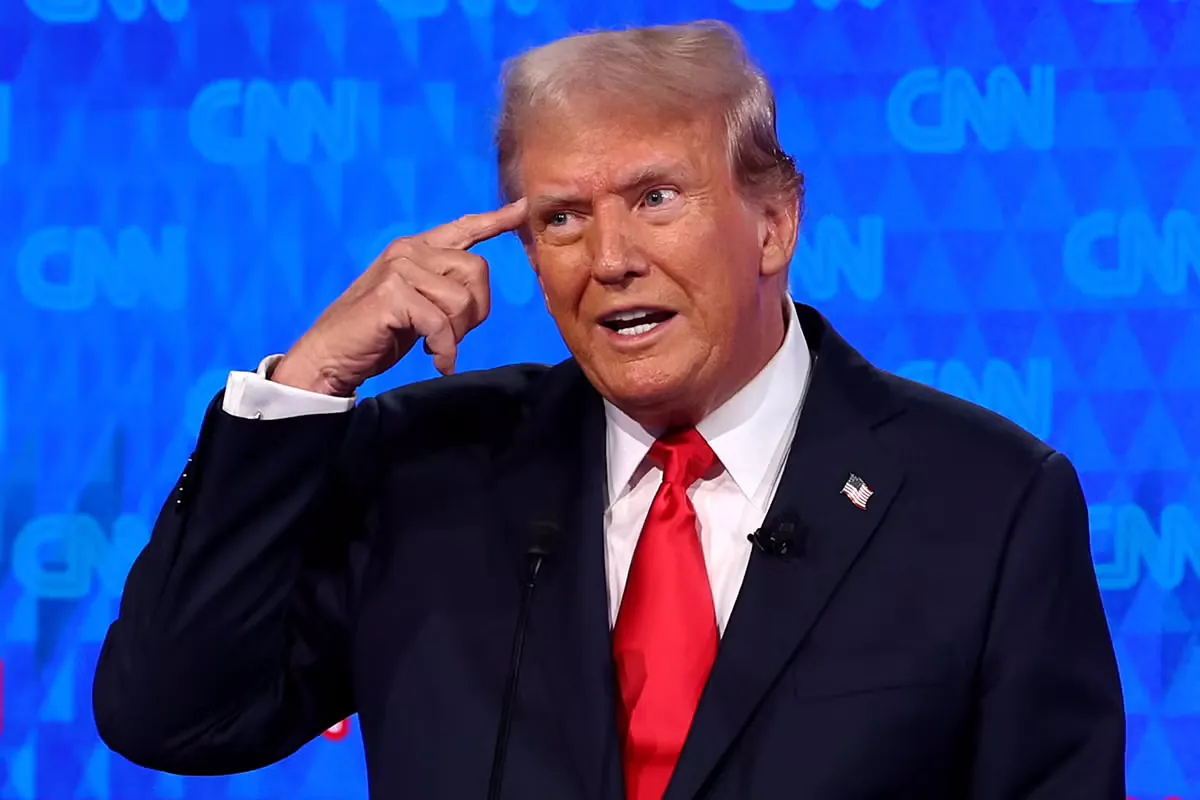In a development stirring political and military circles, former President Donald Trump’s transition team is reportedly exploring the possibility of prosecuting U.S. military leaders over their roles in the 2021 withdrawal from Afghanistan. Sources close to the matter suggest that charges under consideration range as high as treason.
According to NBC News, Trump’s team is deliberating the formation of a commission to scrutinize the chaotic evacuation that marked the end of America’s two-decade-long involvement in Afghanistan. This proposed investigation would examine key decisions made by military leaders, the execution of the withdrawal, and whether any actions warrant severe criminal charges. “They’re taking it very seriously,” one insider disclosed.
The idea has sparked considerable debate, particularly given the context of the withdrawal. Critics point out that Trump’s administration initially brokered the framework for the withdrawal through a deal with the Taliban in 2020.
That agreement, negotiated under Trump’s leadership, included a timeline for U.S. troop departures and outlined conditions that many argue contributed to the subsequent challenges. Notably, Trump even floated the idea of hosting Taliban leaders at Camp David in 2019, a controversial move that some saw as offering legitimacy to the militant group.
Observers question the legal and ethical basis for pursuing charges as extreme as treason. The U.S. Constitution defines treason narrowly, requiring actions that provide “aid and comfort” to enemies during wartime. Legal experts argue it would be difficult to substantiate such claims against military officials who implemented policies originating from Trump’s own administration.
This revelation comes amid broader discussions about accountability for the Afghanistan withdrawal, which has been criticized across political lines for its handling. The rapid collapse of the Afghan government, the resurgence of Taliban control, and the chaotic evacuation of U.S. personnel and allies have left a lasting stain on America’s foreign policy legacy. Still, targeting military leaders raises complex questions about the boundaries of responsibility and the politicization of national security.
Meanwhile, an intriguing parallel story emerged over the weekend as two rare oarfish were discovered washed ashore in California. These deep-sea creatures, often linked in Japanese folklore to impending natural disasters, have sparked superstitions and eerie speculation. Thirteen years ago, a similar phenomenon preceded Japan’s devastating 2011 earthquake and tsunami.
While the presence of oarfish may remain a curious footnote to history, the implications of Trump’s reported plans could ripple through the military, political, and legal arenas for years to come. Critics contend that such actions could create a dangerous precedent for prosecuting those in charge of carrying out the policies set by their civilian leaders.
As Trump’s potential return to the White House looms, his approach to revisiting controversial moments from his first term signals a turbulent road ahead, both for his administration and for those tasked with navigating its legacy.

